God And The Problem Of Evil
$29.99
Introduction Chad V. Meister And James K. Dew Jr.
Part 1: Perspectives On The Problem Of Evil
1. The Classic View Phillip Cary
2. The Molinist View William Lane Craig
3. The Open Theist View William Hasker
4. The Essential Kenosis View Thomas Jay Oord
5. The Skeptical Theist View: A Journey Stephen Wykstra
Part 2: Responses
6. Response To Other Contributors Phillip Cary
7. Response To Other Contributors William Lane Craig
8. Response To Other Contributors William Hasker
9. Response To Other Contributors Thomas Jay Oord
10. Response To Other Contributors Stephen Wykstra
Author Index
Subject Index
Additional Info
Evil abounds. And so do the attempts to understand God in the face of such evil. The problem of evil is a constant challenge to faith in God. How can we believe in a loving and powerful God given the existence of so much suffering in the world? Philosophers and theologians have addressed this problem countless times over the centuries. New explanations have been proposed in recent decades drawing on resources in Scripture, theology, philosophy, and science. God and the Problem of Evil stages a dialogue between the five key positions in the current debate: Phillip Cary: A Classic ViewWilliam Lane Craig: A Molinist ViewWilliam Hasker: An Open Theist ViewThomas J. Oord: An Essential Kenosis ViewStephen Wykstra: A Skeptical Theism View According to the classic position, associated especially with the Augustinian tradition, God permits evil and suffering as part of the grand narrative of divine providence to bring about the redemption of creation. Molinism modifies the classic view by adding God’s middle knowledge to the picture, in which God has knowledge of what creatures would do in all possible worlds. Open theism rejects the determinism of the classic view in favor of an account of God as a risk-taker who does not know for sure what the future holds. Essential kenosis goes further in providing a comprehensive theodicy by arguing that God cannot control creatures and thus cannot unilaterally prevent evil. Skeptical theism rejects the attempt to provide a theodicy and instead argues that, if God exists, we should not expect to understand God’s purposes. Edited, with an introduction, by Chad Meister and James K. Dew Jr., God and the Problem of Evil hosts a generous and informative conversation on one of the most pressing issues in the Christian life.
in stock within 3-5 days of online purchase
SKU (ISBN): 9780830840243
ISBN10: 0830840249
Editor: Chad Meister | Editor: James Dew
Binding: Trade Paper
Published: May 2017
Spectrum Multiview Books
Publisher: InterVarsity Press
Print On Demand Product
Related products
-
Life Lessons From John (Student/Study Guide)
$14.99The Max Lucado Life Lessons series continues to be one of the bestselling study guide series on the market today. This updated edition of the popular New Testament and Old Testament series will offer readers a complete selection of studies by Max Lucado. Intriguing questions, inspirational storytelling, and profound reflections will bring God’s Word to life for both individuals and small-group members. Each session now includes a key passage of Scripture from both the NIV (formerly NCV) and the NKJV, and the guides have been updated to include content from Max’s recent releases (2007-2016).
Add to cartin stock within 3-5 days of online purchase
-
Confronting Injustice Without Compromising Truth
$22.99God does not suggest, he commands that we do justice.
Social justice is not optional for the Christian. All injustice affects others, so talking about justice that isn’t social is like talking about water that isn’t wet or a square with no right angles. But the Bible’s call to seek justice is not a call to superficial, kneejerk activism. We are not merely commanded to execute justice, but to “truly execute justice.” The God who commands us to seek justice is the same God who commands us to “test everything” and “hold fast to what is good.”
Drawing from a diverse range of theologians, sociologists, artists, and activists, Confronting Injustice without Compromising Truth, by Thaddeus Williams, makes the case that we must be discerning if we are to “truly execute justice” as Scripture commands. Not everything called “social justice” today is compatible with a biblical vision of a better world. The Bible offers hopeful and distinctive answers to deep questions of worship, community, salvation, and knowledge that ought to mark a uniquely Christian pursuit of justice. Topics addressed include:
Racism
Sexuality
Socialism
Culture War
Abortion
Tribalism
Critical Theory
Identity PoliticsConfronting Injustice without Compromising Truth also brings in unique voices to talk about their experiences with these various social justice issues, including:
Michelle-Lee Barnwall
Suresh Budhaprithi
Eddie Byun
Freddie Cardoza
Becket Cook
Bella Danusiar
Monique Duson
Ojo Okeye
Edwin Ramirez
Samuel Sey
Neil Shenvi
Walt SobchakIn Confronting Injustice without Compromising Truth, Thaddeus Williams transcends our religious and political tribalism and challenges readers to discover what the Bible and the example of Jesus have to teach us about justice. He presents a compelling vision of justice for all God’s image-bearers that offers hopeful answers to life’s biggest questions.
Add to cartin stock within 3-5 days of online purchase
-
God Of All Things
$19.99Abstract theology is overrated. In the contemporary West, we’re desperately in need of rediscovering God through ordinary, physical things we see in the world around us.
Jesus did it all the time. He mentioned a lily, sparrow, sheep, coin, fish, harvest, banquet, lamp, stone, seed, and vineyard to teach about the kingdom of God. In the Old Testament, too, God repeatedly describes himself and his saving work in relation to physical things such as a rock, horn, eagle, shelter, cedar, lion, shield, wave, ox, and so on. “Ask the beasts, and they will teach you; the birds of the heavens, and they will tell you; or the bushes of the earth, and they will teach you” (Job 12:7-8).
In God of All Things, pastor and author Andrew Wilson explores glimpses of the sacred in created things, finding in them illustrations of the character and gospel of God. As humans, we encounter glory through stars and awe through storms. We learn about humanity through dust and about Jesus’s death on our behalf through trees and bread and wine. Ultimately, we meet God in his creation. It is a gallery full of sketches, paintings, and portraits revealing our Maker and Savior.
Wilson presents a variety of created marvels–from figs and galaxies to viruses, pigs, and honey–that reveal the gospel in everyday life and fuel worship and joy in God.
Add to cartin stock within 3-5 days of online purchase
-
Weight Of Glory
$16.99Selected from sermons delivered by C. S. Lewis during World War II, these nine addresses show the beloved author and theologian bringing hope and courage in a time of great doubt. “The Weight of Glory,” considered by many to be Lewis’s finest sermon of all, is an incomparable explication of virtue, goodness, desire, and glory. Also included are “Transposition,” “On Forgiveness,” “Why I Am Not a Pacifist,” and “Learning in War-Time,” in which Lewis presents his compassionate vision of Christianity in language that is both lucid and compelling.
Add to cartin stock within 3-5 days of online purchase

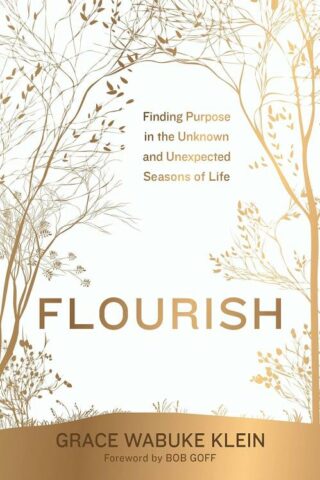 Flourish : Finding Purpose In The Unknown And Unexpected Seasons Of Life
Flourish : Finding Purpose In The Unknown And Unexpected Seasons Of Life
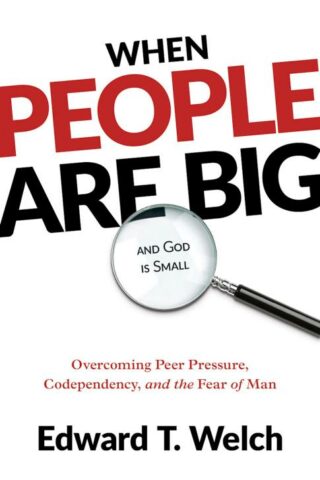 When People Are Big And God Is Small
When People Are Big And God Is Small
 De Nino Quebrantado A Hombre R - (Spanish)
De Nino Quebrantado A Hombre R - (Spanish)
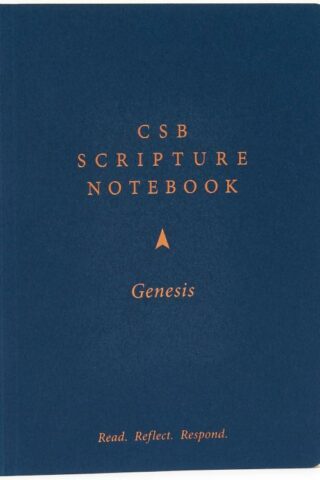 Scripture Notebook Genesis
Scripture Notebook Genesis
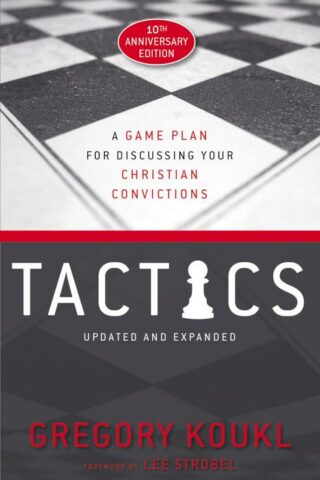 Tactics 10th Anniversary Edition (Anniversary)
Tactics 10th Anniversary Edition (Anniversary)
 What Does The Bible Really Teach About Homosexuality
What Does The Bible Really Teach About Homosexuality
 Compact Bible Value Edition
Compact Bible Value Edition
 Escape From Fire Lake (DVD)
Escape From Fire Lake (DVD)
 Your Spiritual Formation Plan (Workbook)
Your Spiritual Formation Plan (Workbook)
 Your Story Has A Villain Bible Study Guide Plus Streaming Video
Your Story Has A Villain Bible Study Guide Plus Streaming Video
 Answers Book For Kids 2
Answers Book For Kids 2
 Blind : The True Story Of The Robertson Family (DVD)
Blind : The True Story Of The Robertson Family (DVD)
 On Moonberry Lake
On Moonberry Lake
 Streams In The Desert Updated Edition
Streams In The Desert Updated Edition
 Daily Walk Bible Large Print Filament Enabled
Daily Walk Bible Large Print Filament Enabled
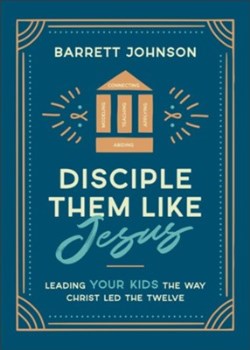 Disciple Them Like Jesus
Disciple Them Like Jesus
 Hope In 60 Seconds
Hope In 60 Seconds
 Super Giant Print Bible Filament Enabled Edition
Super Giant Print Bible Filament Enabled Edition
 Good Clean Sports Jokes For Kids
Good Clean Sports Jokes For Kids
 Creektown Discoveries : 3 Holmes County Amish Novels
Creektown Discoveries : 3 Holmes County Amish Novels
 Ministers Bible Giant Print Comfort Print
Ministers Bible Giant Print Comfort Print
 Student Life Application Study Bible Filament Enabled Edition
Student Life Application Study Bible Filament Enabled Edition
 Renuevame - (Spanish)
Renuevame - (Spanish)





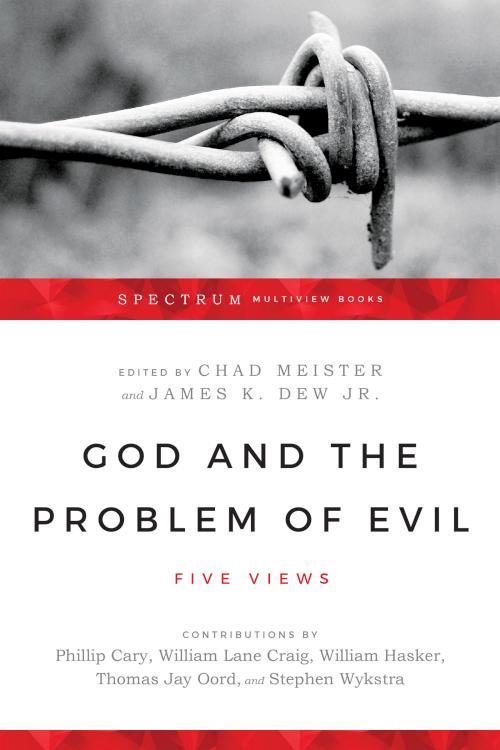
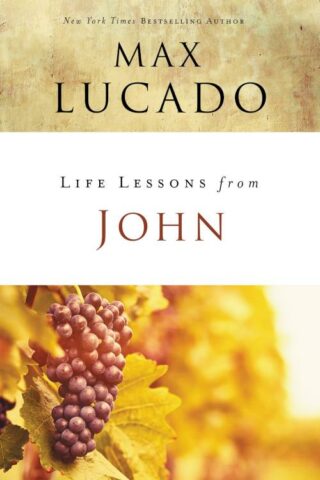
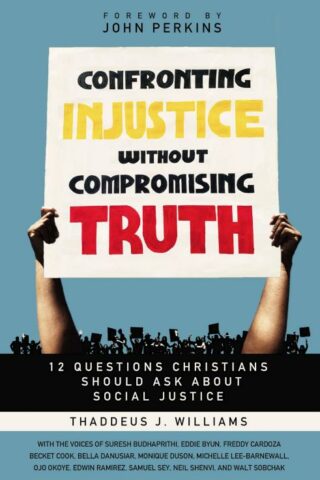
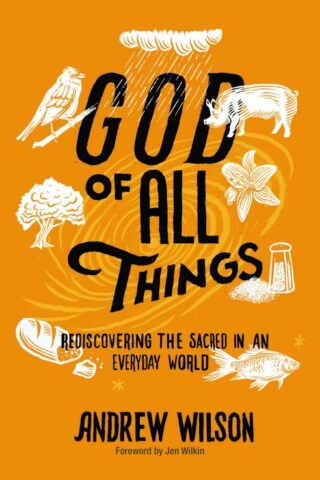






Reviews
There are no reviews yet.